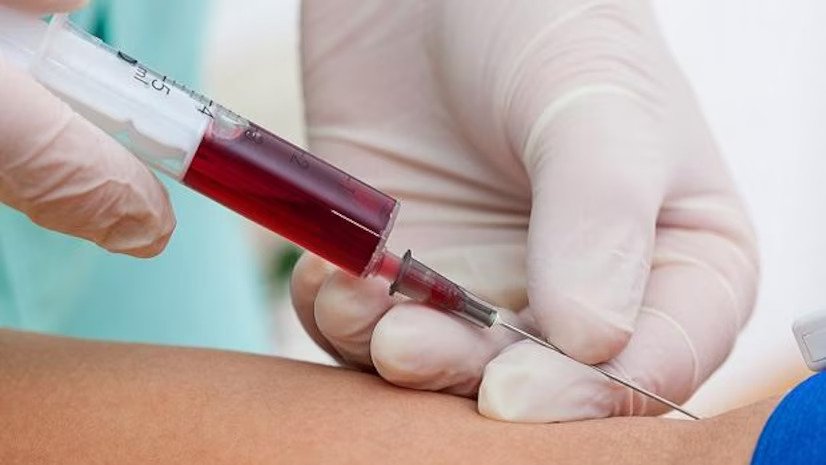World Blood Donor Day: Celebrating Lifesaving Acts and Inspiring Future Generations

World Blood Donor Day, observed annually on June 14th, holds profound significance worldwide as it commemorates the vital contributions of blood donors and emphasizes the critical need for safe blood donations to save lives. Established by the World Health Organization (WHO) in 2004 and officially adopted the following year, this day pays homage to the pioneering work of Austrian biologist Karl Landsteiner, who discovered the ABO blood group system.
Significance of World Blood Donor Day:
- Promoting Blood Donation: The primary aim of World Blood Donor Day is to raise awareness about the importance of regular, voluntary blood donations to ensure a steady supply of safe blood and blood products. These donations are crucial for medical treatments, emergency interventions, and maternal and child care, among other critical health services.
- Honoring Blood Donors: It serves as an occasion to express gratitude to voluntary unpaid blood donors for their life-saving gifts. Their selfless acts play a pivotal role in maintaining community health and resilience, particularly in times of crises such as natural disasters or pandemics.
- Educational Campaigns: The day is marked by educational campaigns and initiatives that dispel myths about blood donation, encourage more people to become regular donors, and highlight the importance of ensuring universal access to safe blood transfusions.
- Global Impact: Beyond individual health benefits, World Blood Donor Day underscores global solidarity and cooperation in advancing public health goals related to blood safety and availability. It serves as a platform to advocate for robust national blood policies and infrastructure.
Lessons and Relevance to Children:
- Humanitarian Values: Teaching children about World Blood Donor Day instills humanitarian values such as empathy, altruism, and civic responsibility. It encourages them to appreciate the impact of their actions on the well-being of others.
- Scientific Understanding: Introducing children to the science behind blood types and compatibility enhances their understanding of human biology and medical advancements. Learning about Karl Landsteiner’s contributions can inspire interest in scientific inquiry and research.
- Community Engagement: Participation in blood donation drives or awareness campaigns can empower children to actively contribute to their communities. It fosters a sense of belonging and encourages them to advocate for health equity and social justice.
- Crisis Preparedness: Discussing the role of blood donors during emergencies helps children understand the importance of preparedness and collective action in mitigating crises. It cultivates resilience and a sense of readiness to help others in times of need.
In conclusion, World Blood Donor Day serves as a poignant reminder of the power of solidarity and generosity in safeguarding public health. By educating children about this day, we nurture a future generation that values compassion, science, and community service, thereby building healthier and more resilient societies.
Source of Image: https://www.business-standard.com/





